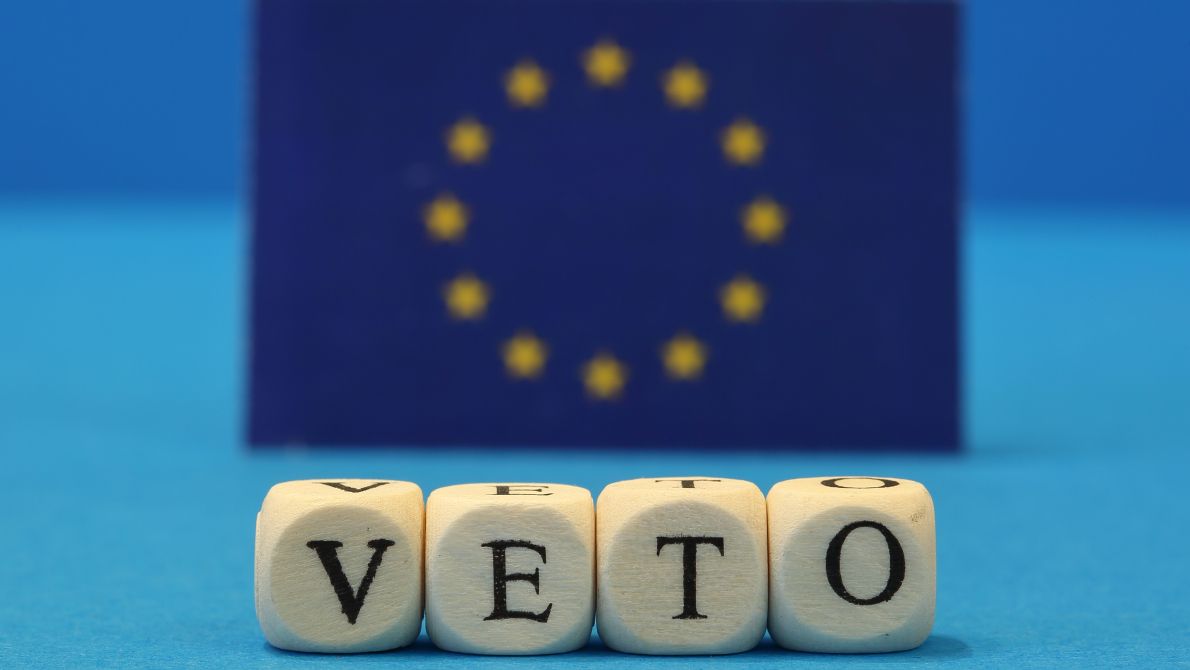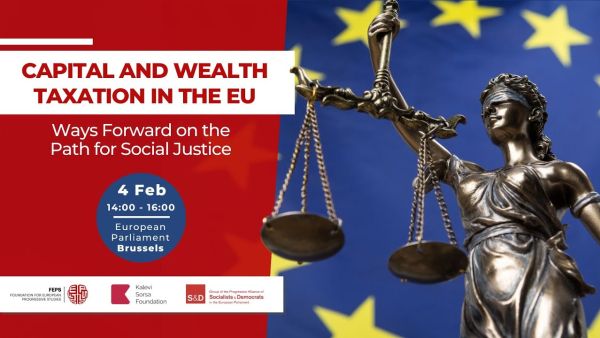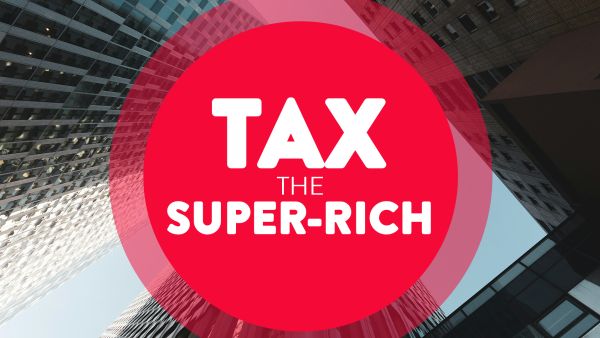Effective tax policies at EU level are key in order to fund public investment, tackle evasion and avoidance, reduce inequality, and promote industrial competitiveness. They are a powerful tool to deliver on the EU's strategic goals.
The S&D Group has been at the forefront of the fight for tax justice.
To make real progress, we must fix a broken EU tax system, where big corporations and the wealthy avoid paying their fair share of taxes by exploiting loopholes, shopping around for the most favourable jurisdictions, and hiding money offshore.
At the same time, we must ensure fair green taxation. The current taxation of fossil fuels is not aligned with our sustainability goals. It urgently needs reform. We are proud that the European Parliament’s subcommittee on tax matters, launched in September 2020, has served both as watchdog and as people’s forum for tax justice.

The S&Ds fully support the timely discussion – initiated by Brazil’s 2024 G20 Presidency – on introducing an effective tax on the wealth of the world’s billionaires, which could generate up to €220 billion per year.
However, as the new US administration shifts away from multilateralism, already disavowing the landmark 2022 global deal on a minimum tax for multinationals, the EU cannot stand still. We must take the lead and seek coordinated solutions among member states to tax extreme wealth, notably through net wealth taxes.

Across the EU, income from capital is generally taxed less than income from work. Yet, the wealthiest generate most of their income from capital, and are best positioned to exploit mismatches and loopholes between member states’ tax systems to avoid paying their fair share.
That is why we are calling for greater harmonisation of capital taxation, including the introduction of a minimum effective tax on capital gains across the EU.
In addition, between 2016 and 2023, the largest listed EU-based companies diverted over €468 billion to buy back their own shares. Share buy-back schemes are a tax-exempt method of returning value to shareholders rather than investing or distributing dividends, which are normally taxed. Share buybacks allow corporations to reward wealthy shareholders without contributing to public revenues.
That is why the S&Ds are calling for an EU-wide excise duty on corporate share buybacks, harmonised to avoid distortion in the EU financial market.

Over the past decade, we have made strides in the fight against corporate tax evasion and avoidance, through increasing transparency and multilateral exchange of information between tax administrations.
For years, the S&Ds campaigned for the adoption of a minimum effective tax rate for big multinationals at the EU level, which finally happened in 2022. The new tax rate of 15% sets a floor to tax competition between countries and is estimated to yield €48 billion annually in additional, much-needed public revenue. The EU must keep the framework in place, even in the face of the threats from the Trump administration.
We must remain vigilant and ensure that the tools designed to tackle corporate tax evasion and avoidance are continuously updated and remain effective. In particular, we must push for further harmonisation of corporate taxation in the EU to ensure a level playing field, including for digital companies.
Furthermore, we must also target shell companies that exist only on paper and are designed to hide profits from the tax authorities of those countries where economic activity actually takes place.
Super profits, particularly those generated by external circumstances unrelated to productivity, should be taxed fairly through a European framework for the systematic taxation of windfall profits.
In addition to this, the ever-growing volume of online sales of physical goods presents increasing regulatory challenges that risk undermining traditional businesses. This calls for greater internal market harmonisation and a fairer contribution from these large platforms.
Lastly, we need stronger coordination and stricter anti-abuse measures regarding tax incentives, which are often exploited by a select group of powerful taxpayers. We call on the European Commission to put forward clear guidelines for designing tax incentives that minimise distortion of the Single Market, and to establish a screening framework for tax expenditures in the EU, with an obligation for member states to publish the fiscal costs of tax expenditures.

At the beginning of the mandate, the European Commission announced plans to reform the tax framework for the financial sector. In the absence of an agreement on the financial transaction tax, and in view of the extraordinary profits that the sector has generated in recent years – largely due to interest rates policies – it is crucial to find solutions that will ensure a fair contribution from the financial sector.

The current rules still exhibit significant inconsistencies, such as the fact that airlines are exempt from taxes on kerosene, while workers face additional taxes on their daily commutes. We must hold major polluters, like the maritime and aviation sectors, accountable and ensure they contribute their fair share. At the same time, we must ensure the support needed to boost ecological transport options.
The S&Ds will keep pushing for the reform of the Energy Taxation Directive to align energy product taxation with sustainability goals, promote clean technologies and eliminate outdated exemptions and reduced rates that currently incentivise the use of fossil fuels.

We will continue to advocate for a high-level commitment to reform the way the EU makes tax decisions. There should be no room for national tax vetoes, such as those blocking efforts to address EU tax havens.
Despite the EU having an open market, the EU Treaties require EU finance ministers to decide unanimously on tax reforms at European level. This means that any single country, including EU tax havens, can block vital tax reforms – and they have done so in the past.
To make meaningful progress on tax justice at EU level, we must shift to qualified majority voting on certain tax-related issues. The European Commission should propose a clear roadmap to achieve this reform.













